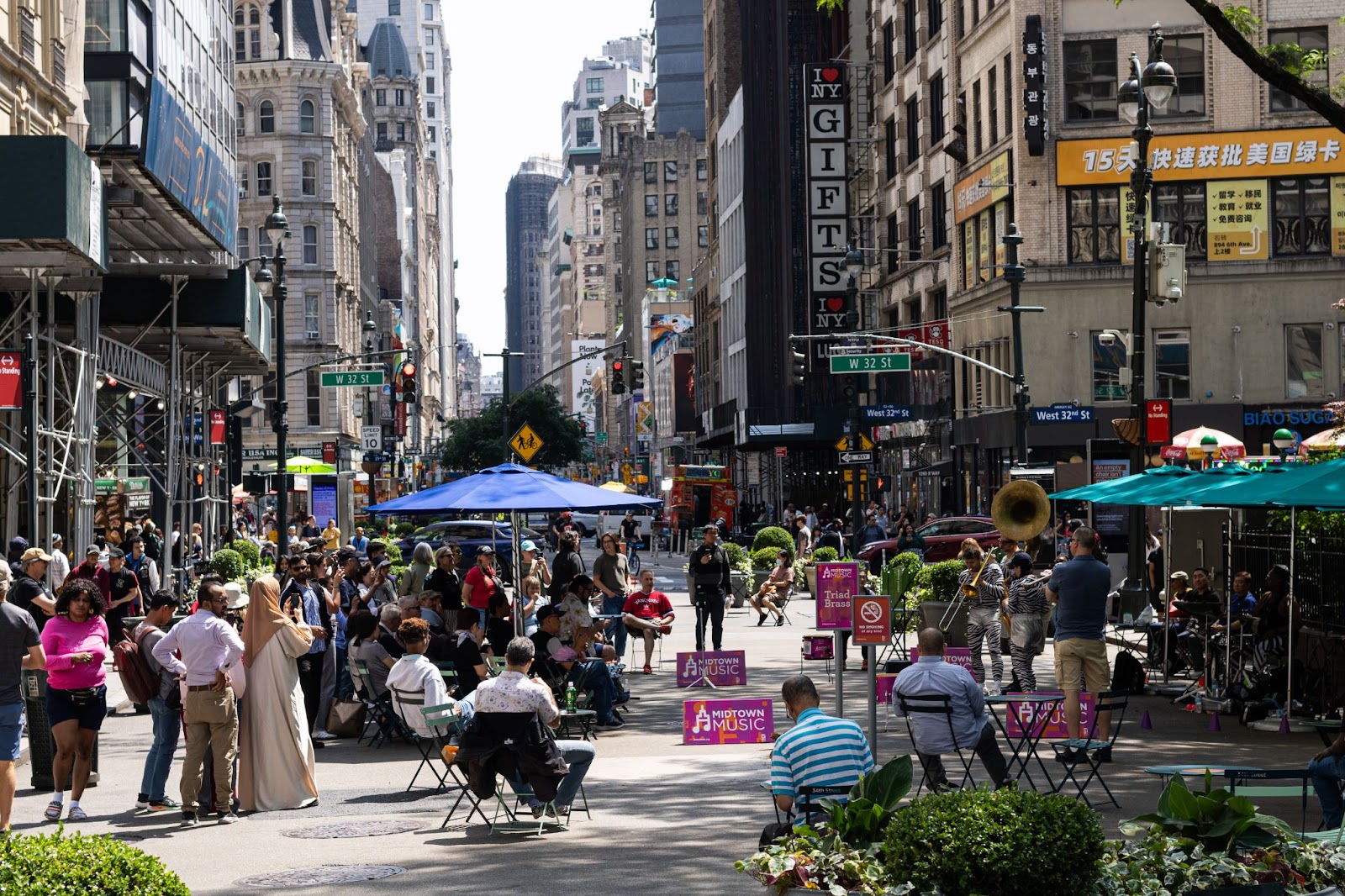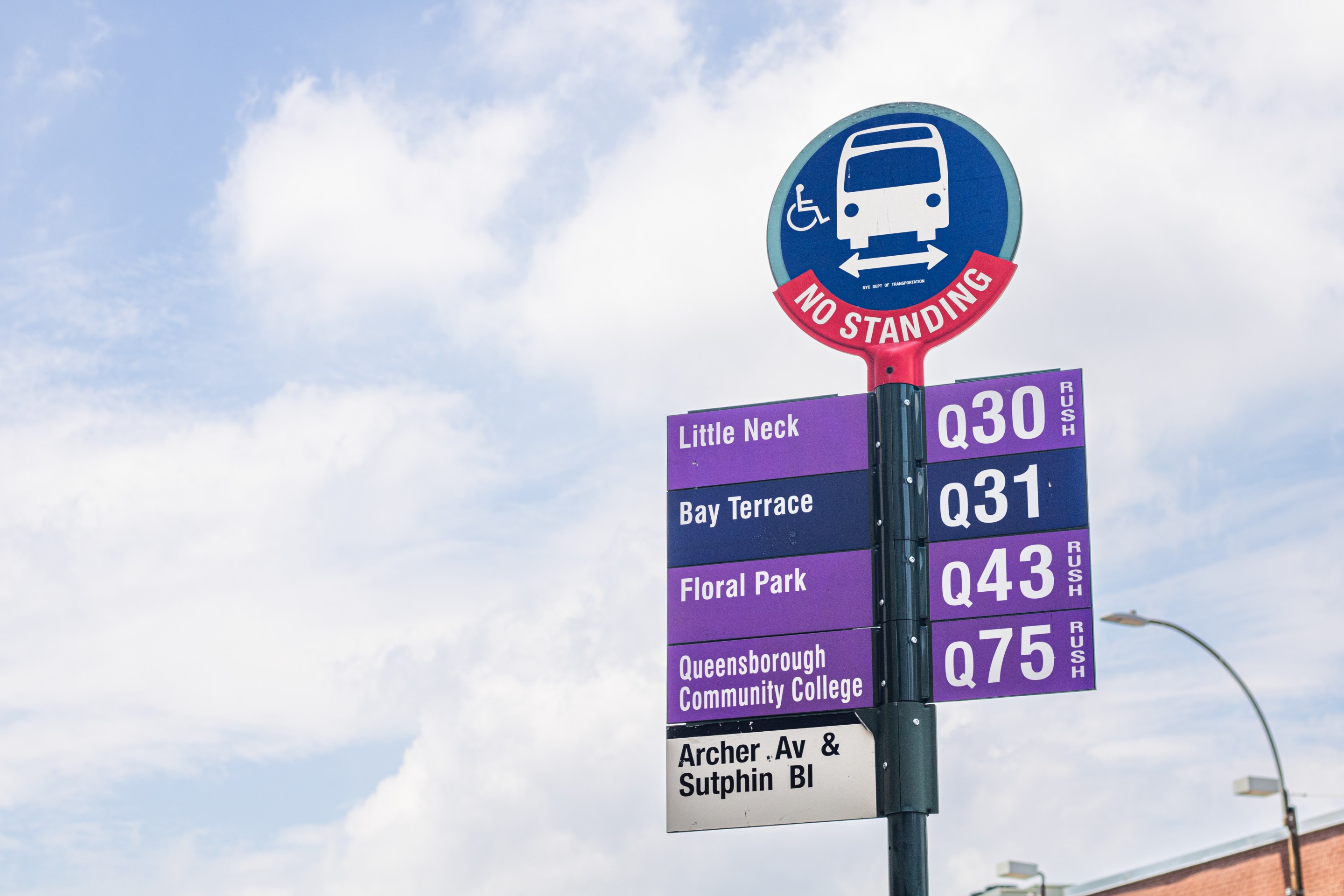
For every transportation agency trying to innovate and update policies for the 21st century, there are several thoughtlessly widening highways like it's still 1956.
Case in point: Ohio DOT, which wants to widen three highways in the Cleveland region. Tim Kovach has been poring over the global urban congestion rankings produced by Tom Tom, the GPS company. TomTom says that out of the 174 cities it rates, only six have less congestion than Cleveland. Kovach elaborates:
In the eight years that TomTom has been publishing its index, Cleveland has had congestion levels of 11% six times and 12% twice. That’s it.
According to the report, travel times for the average Cleveland commuter increase by just 20% and 25% during our morning and evening “rush hours,” respectively. The single worst hour of the week for travelers is 5:00-6:00pm Wednesdays, when the congestion index tops out at 27%. For the sake of comparison, there are 78 cities that have an average congestion level of 27% or more.
You would think, given the lack of congestion on Cleveland highways, that transportation policy makers would adjust and use their scarce resources on other priorities -- like beefing up transit service or keeping roads in better shape. Kovach says that's true for NOACA, the regional planning agency. But not for Ohio DOT, which spends the big money:
The NOACA Board of Directors officially adopted a “fix it first” policy last September, indicating that it would prioritize funding to repairing our existing road network, rather than adding to it. Every lane mile that we add simply increases our financial liabilities, because it’s extra pavement to lay, repair, clear from snow and ice, etc.
There have been some rumors floating around the interwebs that ODOT would adopt a similar policy. This would be a huge deal, albeit one reportedly driven solely by financial realities, as opposed to enlightened self-interest. And yet, when the agency announced $2.1 billion in road and bridge projects it plans to complete this year, the list included plans to widen three separate freeways in Greater Cleveland: I-271, I-77, and I-76/77. Granted, these projects have been in the works for a long time, and it was highly unlikely they’d be scrapped, regardless of whether or not we really need them. It is what it is.
Yet, we know that widening urban highways has directly contributed to the sprawl and population loss that has plagued Cleveland for 50 years. In a 2007 study, Brown University economist Nathaniel Baum-Snow concluded that every new highway that passes through a center city cut its population by 18%. According to Baum-Snow, “had the interstate highway system not been built, instead of declining by 17 percent, aggregate central city population would have grown by 8 percent” from 1950-1990.
Meanwhile, Cleveland's regional transit agency is raising fares and reducing service to cope with a budget crunch. It's policies like these that have helped put Cleveland on top of the list of America's "most distressed cities."
Elsewhere on the Network today: The Dallas Morning News' Transportation Blog says local officials are now selling a version of the Trinity Toll Road highway project as a congestion reliever, but the data doesn't support their case. And Renew ATL wonders about the sustainability claims of a community of gated vacation homes.





